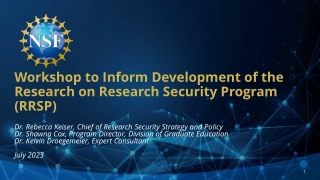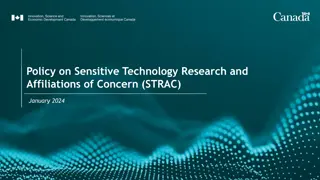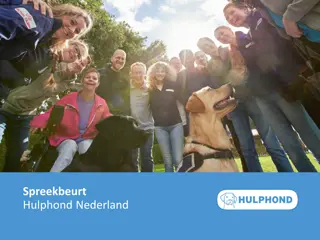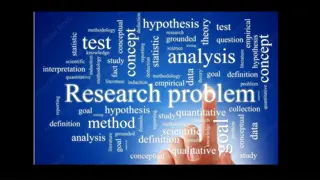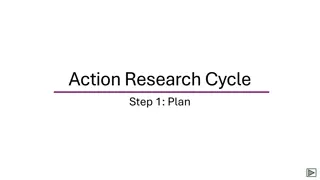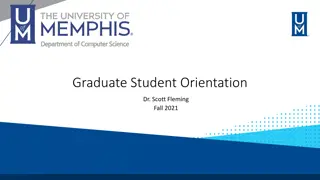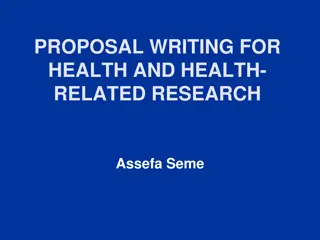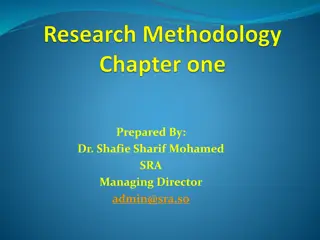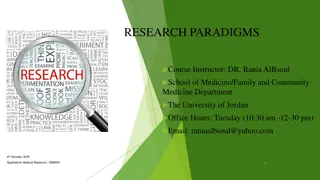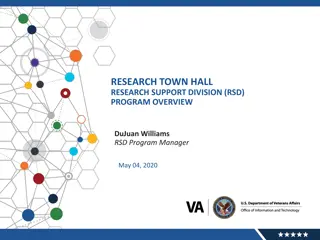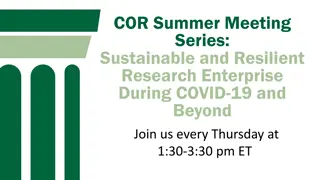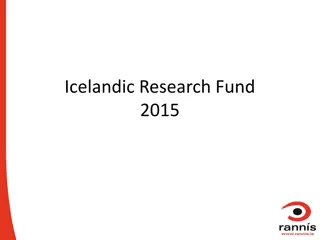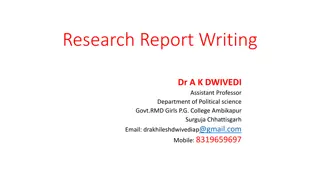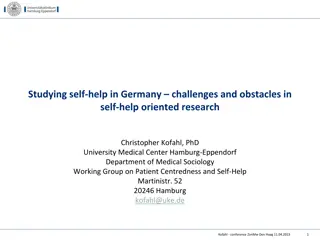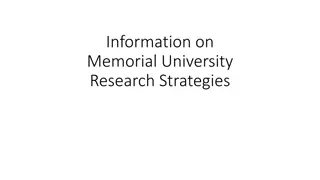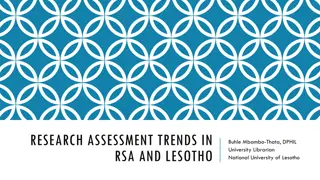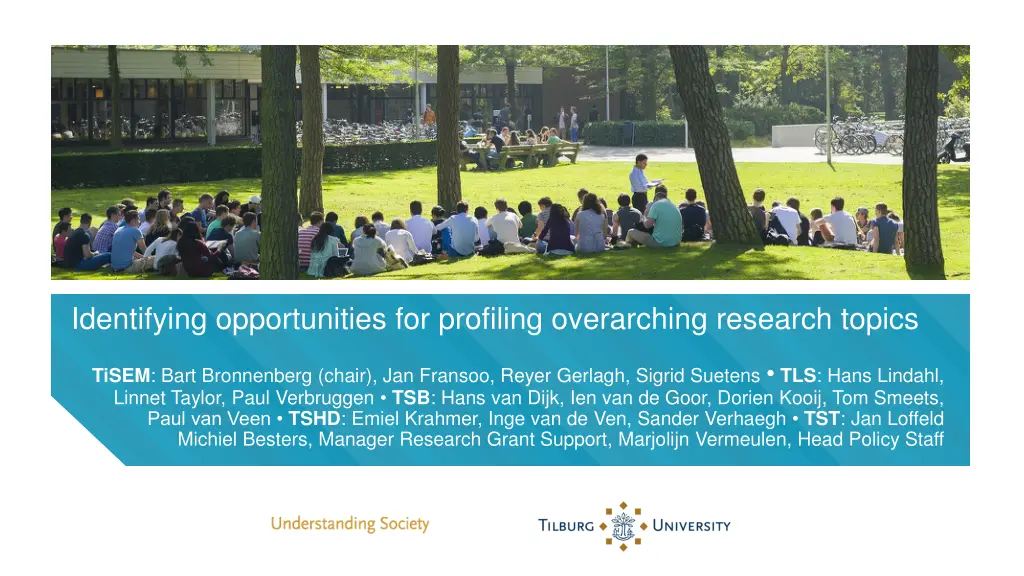
Research Topics at Tilburg University
Exploring overarching research topics at Tilburg University across various faculties, including sustainability transition, inequality, and well-being and healthcare. The research aims to enhance society through interdisciplinary approaches and innovative solutions.
Download Presentation

Please find below an Image/Link to download the presentation.
The content on the website is provided AS IS for your information and personal use only. It may not be sold, licensed, or shared on other websites without obtaining consent from the author. If you encounter any issues during the download, it is possible that the publisher has removed the file from their server.
You are allowed to download the files provided on this website for personal or commercial use, subject to the condition that they are used lawfully. All files are the property of their respective owners.
The content on the website is provided AS IS for your information and personal use only. It may not be sold, licensed, or shared on other websites without obtaining consent from the author.
E N D
Presentation Transcript
Identifying opportunities for profiling overarching research topics TiSEM: Bart Bronnenberg (chair), Jan Fransoo, Reyer Gerlagh, Sigrid Suetens TLS: Hans Lindahl, Linnet Taylor, Paul Verbruggen TSB: Hans van Dijk, Ien van de Goor, Dorien Kooij, Tom Smeets, Paul van Veen TSHD: Emiel Krahmer, Inge van de Ven, Sander Verhaegh TST: Jan Loffeld Michiel Besters, Manager Research Grant Support, Marjolijn Vermeulen, Head Policy Staff
1. Building on strong disciplinary research Tilburg University researchers strive to understand and enhance society through social science and humanities research. Much of this research takes place within the academic disciplines. Research at TiU spans a much wider continuum than highlighted here 2. Approach Ample interfaculty and multidisciplinary research at Tilburg University Report gives a first start by mapping this research into themes Three themes emerged: the sustainability transition, inequality, and well- being and health(care)
3.1 Sustainability transition Transition to renewable energy, recycling, and reuse of materials in products climate action, renewable energy, and sustainable transport. data mining and AI to facilitate transitions in infrastructure sectors, like the energy and transport sectors. redistributive effects of these transitions Future-proofing the work(place)/labor market/healthcare for expected aging and new (IT-)technologies AI and technological innovations for sustainable healthcare. creating employment security (instead of job security). Sustainability Transition 3
3.2 Inequality Global governance and post-globalization the effects of new geopolitical and economic configurations on financial economics and innovation, the effects of the pandemic the role of law structuring inclusion, and providing space for participation and resistance Behavior and governance of heterogeneous groups, organizations and societies ethnic and racial discrimination, stereotypes, integration of immigrants, prevention of minority bias, and cultural diversity. Inequity and poverty causes, consequences and remedies Inequality Inequality 4
3.3 Well-being and Health(care) Personal health and well-being psychological and sociological aspects of well-being how well-being can be protected through law and regulations the role of consumerism on well-being and personal health Health and well-being at work the role of digitization on the future of work globalization and pressure on working conditions the effect of shifting employment practices Well-being and Health(care) Health(care) Well-being and Healthcare, prevention and personalization healthcare research @ TiU is a unique combination of psychology, neuroscience and computer science personalized prevention and healthcare 5
4. Facilitating interfaculty, multidisciplinary research What is needed to find one another? o Remove frictions to exchange of ideas o Needs to grow organically How to make this practical? o Organize the meeting of a diverse group of researchers for high potential- and existing collaborations o Provide small incentives o Value publication in top inter/multi-disciplinary journals What will make collaborations last? o Needs to be mutual beneficial o Building lasting relations takes time. Examples of existing collaborative successes at TiU tell us so.

